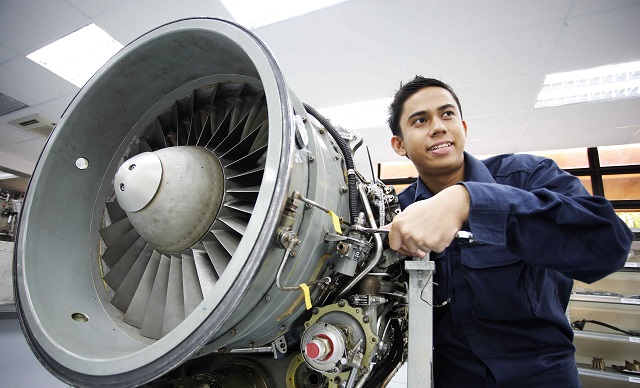
Experts from three universities have joined forces to develop nickel-titanium alloy nanoparticles for electrical and thermal sensors used to control high technology devices utilized in a wide range of industries such as aerospace, electronics, optical, biomedical, and petrochemical industries.
Enrique López Cuéllar, a doctor at the Autonomous University of Nuevo León (UANL) in Mexico, joined with experts from the Federal University of Campina Grande and the Federal University of Pernambuco in Brazil for this study.
The researchers at the Federal Universities of Pernambuco and Campina Grande acquired the physical material for the shape memory alloy, nitinol (nickel-titanium). Shape memory alloys have the ability to remember and return to their original state after undergoing deformation. The UANL researchers produced the nanoparticles used for the sensors. They conducted tests which proved that nitinol was an effective thermal and electrical conductor.
The researchers developed temperature-sensitive devices using the nanoparticles. These particles enabled transmission of electrical energy without overheating. The sensor stopped dilating when the device reached a temperature of 50ºC. When the size and temperature of the device returned to its normal state, the sensor activated again to control valve, dispenser or boiler operation.
Specific processes are required for manufacturing nitinol. The researchers vacuum-melted titanium and reacted it with oxygen. Following this, the researchers used thermal evaporation techniques to manufacture the nanoparticles. In this process, the molecular bonds degraded as a powder, which was collected separately. The researchers are trying to find out ways to develop a more cost-effective process to produce this alloy.
This material was tested using a machine which had sensors located between electrical contacts. The time taken for the material to come back to its original state was found by applying electrical power.